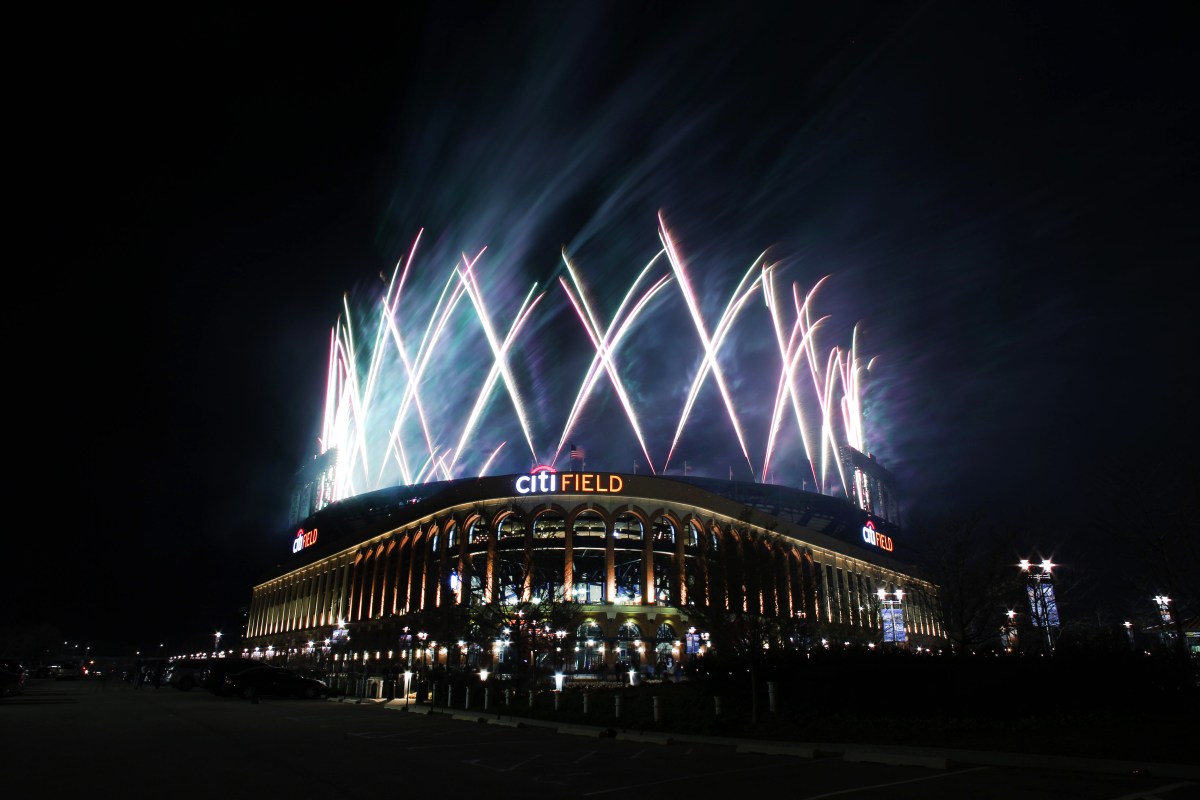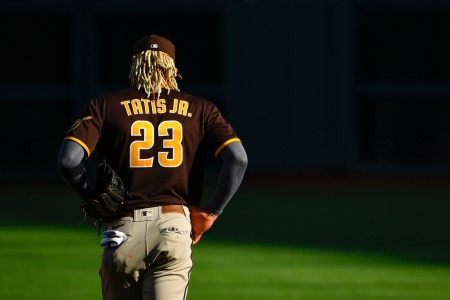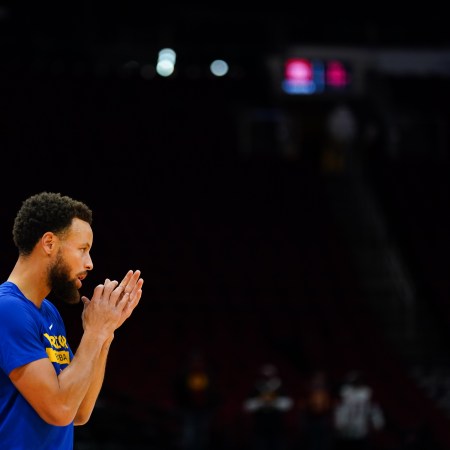When New York Mets owner Steve Cohen was told back in the spring of this year that baseball’s top luxury tax tier had been dubbed the “the Cohen tax,” he replied, “It’s better than a bridge being named after you.”
In other words: so what? The Mets finished 2022 with the second-highest payroll in the sport, trailing only the Los Angeles Dodgers, and paid out $30 million in luxury taxes.
That may not have resulted in the franchise’s first ring since 1986, but talk about a culture shift. In the previous 10 years, the Amazins had hovered right around 14th in payroll, at one point dropping as low as 23rd. But as long as Cohen is in charge (the man with an estimated net worth of $17.4 billion, who has rooted for the Mets since their Polo Grounds days) they appear to have a new identity. Plucky little brother, no longer — they’re now a big bully powerhouse.
The franchise has made that abundantly clear all offseason long, spending big on Justin Verlander, Brandon Nimmo, Edwin Diaz and Kodai Senga, but the wee hours of December 21 confirmed the shift in no uncertain terms. Carlos Correa, the 28-year-old superstar shortstop, is inconceivably headed to Queens, for a sum of $315 million over 12 years.
Céspedes Family BBQ, arguably the nexus of takey baseball Twitter, summed up the move perfectly: “This Correa thing is flat out one of the most shocking, from-the-rafters, total WTF transactions I can remember in baseball. Just completely and totally outrageous. The exact type of thing you want an outlaw owner like Steve Cohen to do.”
Indeed. Cohen Grinch’d Correa from the San Francisco Giants after the two-time All Star’s physical exam hit an as-of-yet unexplained snag. During the pause, Cohen and Mets GM Billy Eppler evidently got on the horn with Correa and agent Scott Boras in order to broker one of the most flabbergasting deals in MLB history.
The Padres Have a New Shortstop. What About Fernando Tatis?
Last we checked on the superstar, he was serving an 80-game PED banThe about face leaves San Francisco in shambles. After the Giants missed out on Aaron Judge, fans quickly rallied around the Correa signing, which came in at $350 million, and was poised to make him an organizational cornerstone through 2035. Correa was photoshopped into the orange and black, as is customary; after a Jeff Passan announcement, these things are usually pretty damn official. A physical examination — to the fans at least — feels like general i-dotting and t-crossing before a celebratory press conference. Then it all came crashing down.
The Bay will mope into next year empty-handed and with a mortal enemy in Cohen (take solace in the 49ers’ unexpected NFC West win, friends) while the Mets charge into 2023 with the most swagger in the league. Correa will move to third base to accommodate incumbent shortstop Francisco Lindor, a la Alex Rodriguez and Derek Jeter in 2004. (Though they should get along a little easier than those love me/hate me Yankees — Correa and Lindor are old friends, and will comprise the left side of Puerto Rico’s infield in March’s World Baseball Classic.)
As for that Cohen tax, the outlaw owner is now baseball’s first half-billion owner. The Mets’ updated projected payroll in 2023 is $495 million, which will incur tax payments of $111 million. To put that into perspective, the previous largest payroll in baseball was less than $350 million. And last year’s luxury tax payments totaled $73 million…across six teams! The Mets aren’t just spending more than the Dodgers or the Yankees. They’re functioning as two $250-million organizations under one umbrella.
Still, somehow, it might not be enough. The Philadelphia Phillies got better this offseason. The young and hungry Atlanta Braves won 101 games last year. The Mets will have to fight every day of the summer just to avoid the Wild Card Series, and even upon reaching the NLDS, literally anything can happen, as the Dodgers learned after winning 111 games last year.
For Mets fans, too, all this spending might register as a little uncomfortable — on top of feeling fresh and hopeful and exhilarating. I’m reminded of a paragraph written by Amos Barshad, who covered the rise of the English Premier League’s Newcastle United for The Ringer earlier this year. Newcastle is now operated by the Saudi Public Investment Fund, which, admittedly, is a deeply flawed analog for Cohen. (The PIF has assets of $620 billion, and as with its funding of LIV Golf, took over the northeast club in an attempt “to sportswash” its deplorable human rights record.)
Still, in either case, a sports franchise that at one time found fellowship in its approachability, its near-misses, its “there’s always next year” ways, suddenly received an influx of investment and a 10-year blueprint that’s anything but blue collar. As Barshad wrote, “Years from now, will anyone in Newcastle miss these days, when their club was elementally flawed and the fans still filled St. James’ Park? When Newcastle were a regular team, one that reflected the indignities of life in a metaphorical way and left its fans largely despondent and bereft in all sorts of arguably healthy ways? When they inevitably become a Manchester City–esque titan that wins until they’re numb, how will fans remember these days?”
Funnily enough, the club Barshad refers to — Manchester City — is historically a decent comparison for a team like the New York Mets. They’re in a big market, and long played in the shadow of Manchester United (a parallel for the Yankees), until their own shiny new ownership group arrived, started spending money and made them a perennial powerhouse. City have won the league four of the last five years. Expectations have changed. “There’s always next year” in no longer acceptable.
That’s no argument for penny-pinching. It’s just an acknowledgment that there’s a price to pay beyond the luxury tax. Kudos to Cohen, though, for tripling down on his strategy of choice. It’s brave business — of the sort that most of the league’s billionaires seem utterly unwilling to engage in, often unbeknownst to their credulous fanbases, who parrot “We’re a small market!” takes on social media. Perhaps it will pay off with a ring next October. In which case, Cohen should expect more than a bridge to be named after him.
The Charge will help you move better, think clearer and stay in the game longer. Subscribe to our wellness newsletter today.



















